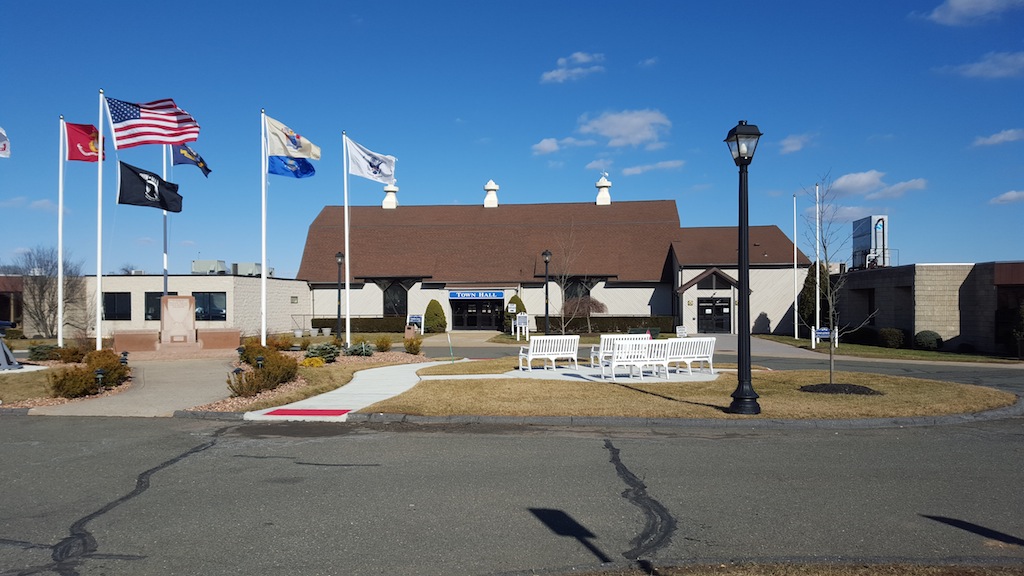MARLBORO – Mayor Jonathan Hornik has reaffirmed his position that “expressions of bias or
intolerance are not welcome” in Marlboro and that “any crimes committed in this regard will be prosecuted under the fullest extent of the law.”
Hornik addressed the matter in an Oct. 20 letter to residents following an incident that occurred nine days earlier.
The mayor wrote that on Oct. 11, “a resident reported on social media that his grandmother was harassed while walking in her neighborhood … the incident was reprehensible and unacceptable. That said, there was an outpouring of outrage from our community and support of the victim, which was quite heartening.
“I could not be more proud of our police department during this time. Under the leadership of Chief Peter J. Pezzullo, detectives Edward Ungrady, William Pedone, Anthony Peterpaul and Michael Pecararo, and SRO Frank Perrini reviewed residents’ doorbell camera video and conducted residential canvassing.
“This led to the perpetrator admitting wrongdoing and charges of harassment against the perpetrator by the Monmouth County Prosecutor’s Office,” Hornik wrote.
The mayor said Marlboro “is home to people from a wide range of faiths and ethnic backgrounds. … Our diversity is reflected in our schools, youth programs and on our local committees, enhancing what is the very rich cultural fabric of Marlboro.
“In Marlboro, we pride ourselves as being open and tolerant to those from all walks of life. In this spirit, let this incident be a reminder that we must speak out against discrimination in all its forms,” Hornik wrote.
The mayor said anyone who observes an expression of discrimination, whether a live incident or graffiti on private or public property, should call police at 732-536-0100 to report the incident. Anonymous tips may be made by calling 888-536-1010.
“I am gratified Marlboro responded the way it did to this incident and in the aftermath, how residents supported a victim of harassment.
“For me, this is yet another reminder of what makes Marlboro a great community, where residents come together to support neighbors and stand tall in the face of discrimination and injustice,” Hornik wrote.

